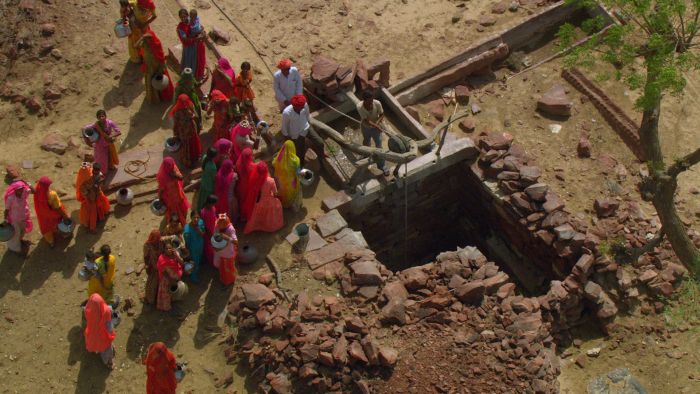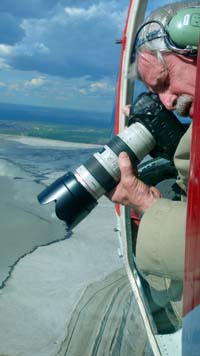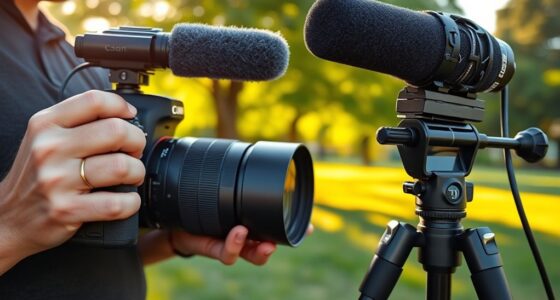It took Yann Arthus Bertrand and his Team nearly three years to make this movie that is the culmination of over thirty years of hard work and total commitment to the planet. « It’s probably the first ever movie that is 100% aerial footage, which is Yann Arthus Bertrand’s trademark.
This film really is the culmination of everything he has seen over twenty years and our objective is for it to be seen by as many people as possible. » says Dorothée Martin.
.jpg)
Home is more than a documentary with a message, it’s a magnificent movie in its own right. Every breathtaking shot shows the Earth—our Earth—as we have never seen it before. Every image seems to be saying, “Look how beautiful the Earth is, look at what we’re destroying,
and above all look at all these wonders that we can still preserve.”
You can watch the full movie on YouTube until June 14th, 2009: Home on YouTube or buy the film on amazon


« The film shows the genius of human beings and their ability to adapt to their environment… or to adapt it. And the big question is, ‘How do we choose to exploit our genius?’ » (Isabelle Delannoy)
An Interview with Yann Arthus-Bertrand:
When did you feel the need to make this movie?
When I invited Al Gore to show his film, An Inconvenient Truth, to the French Parliament, I realized just how much impact a movie could have, even more than a TV program. I saw how moved the audience was—to tears in some cases—and I said to myself that a feature film was an excellent way of reaching people. It also seemed a natural progression from photography and TV programs. It occurred to me that by taking photographs of the Earth, my subject was humanity, which is the same logic behind movies.
.jpg)
What is the film’s core message?
The film has a very clear message. We have a greater impact on the Earth than it can bear. We over-consume and are depleting the Earth’s resources. From the air, it’s easy to see the Earth’s wounds. So, Home simply sets out our current situation, while saying that a solution exists. The film’s subtitle could be It’s Too Late To Be A Pessimist. We have reached a crossroads; important decisions must be taken to change our world. Everybody knows about what the film says, but nobody wants to believe it. So Home adds its weight to the argument of environmental organizations that we need to revert to a more commonsensical approach and change our consumer way of life.
.jpg)
How did you develop the film’s rhythm?
I like the slowness of wonderment, so I wanted the movie to take its time. Technical constraints linked to the helicopter’s weight and the camera we were using led us to shoot a lot of scenes in slow-motion. That’s what I like about the movie—it’s contemplative.
It’s also a film that causes you to listen and stop to think. People don’t like hearing some of the things the movie has to say, but I wasn’t prepared to make any concessions.

This is your first feature film and a hugely ambitious project. From production to shooting and editing, did you encounter many difficulties?
Denis Carot, the producer of Live And Become, was introduced to me by Armand Amar, a composer and friend. He said yes right away, just like Luc Besson. That’s when the going got tough! When you’re given so much money to make such a unique film shot entirely on high definition from a helicopter—it’s a massive responsibility with constant stress. I always worked through it on instinct, learning as I went along. We soon realized that the crew in the helicopter had to be pared down to the pilot, cameraman and vision engineer.
.jpg)
Then we had to overcome technical issues stemming from the new camera we were using and the shooting conditions, which were different in every country we flew over. Also, I made the movie without a script, based on a single-page synopsis. I knew the story I wanted to tell, but the narrative only emerged as we were shooting, especially the central issue of energy—first the energy of human muscle power, then the revolution sparked by what we call “pockets of sunlight”, oil. In the end, it really is the movie of a photographer who’s not used to restrictions.
In the above TED Talk Yann Arthus-Bertrand displays his three most recent projects on humanity and our habitat — stunning aerial photographs in his series “The Earth From Above,” personal interviews from around the globe featured in his web project “6 billion Others,” and his soon-to-be-released movie, “Home,” which documents the human impact on the environment through breathtaking video.
Home Credits
ARTISTIC CREW
DIRECTOR……………………………………………………………YANN ARTHUS-BERTRAND
CREW
PRODUCERS ………………………………………………………………………….DENIS CAROT
……………………………………………………………………………………………….LUC BESSON
ORIGINAL SCORE ………………………………………………………………….ARMAND AMAR
SCRIPT ……………………………………………………………………….ISABELLE DELANNOY
…………………………………………………………………………..YANN ARTHUS-BERTRAND
………………………………………………………………………………………………DENIS CAROT
…………………………………………………………………………………………………YEN LE VAN
COMMENTARY …………………………………………………………….ISABELLE DELANNOY
…………………………………………………………………………………………….TEWFIK FARES
…………………………………………………………………………..YANN ARTHUS-BERTRAND
FILM EDITOR…………………………………………………………………………….YEN LE VAN
FIRST ASSISTANT DIRECTOR …………………………………………..DOROTHÉE MARTIN
CINEFLEX CAMERAMAN …………………………………………………….TANGUY THUAUD
PRODUCTION MANAGER………………………………………………JEAN DE TRÉGOMAIN
COORDINATOR………………………………………………………………….CAMILLE COURAU

About Yann Arthus-Bertrand
Yann Arthus-Bertrand is perhaps the best-known aerial photographer on the planet. He has sold more than 3 million copies worldwide of his seminal photo essay Earth From Above, a decade-spanning attempt to photograph all the vistas of the planet from the sky, whether by helicopter, hot air balloon, or anything else that flies.
Arthus-Bertrand seeks to uncover the story behind the landscape, not just create a pretty picture. Indeed, his subjects are not always photogenic — his prints show poverty and strife as well as green tranquility, and everywhere in his work is the encroaching hand of humanity and its enterprise. He keeps close track of the coordinates of his locations, so other photographers may track their progress over time.
His newest project takes a different view — focusing more closely on the people who live on this planet. Called 6 Billion Others, the project was a centerpiece of Pangea Day 2008.







